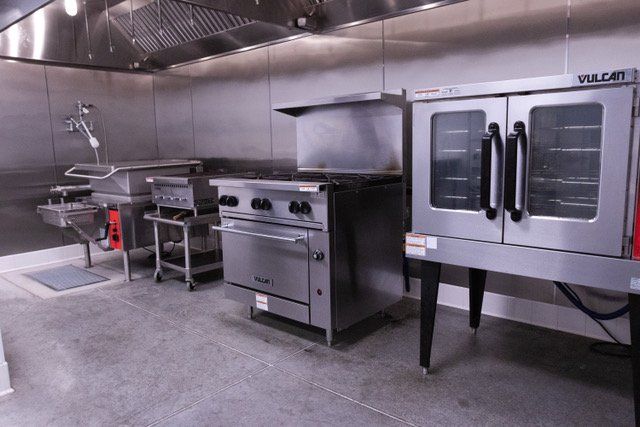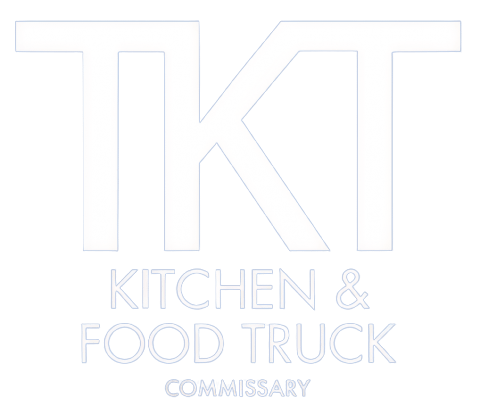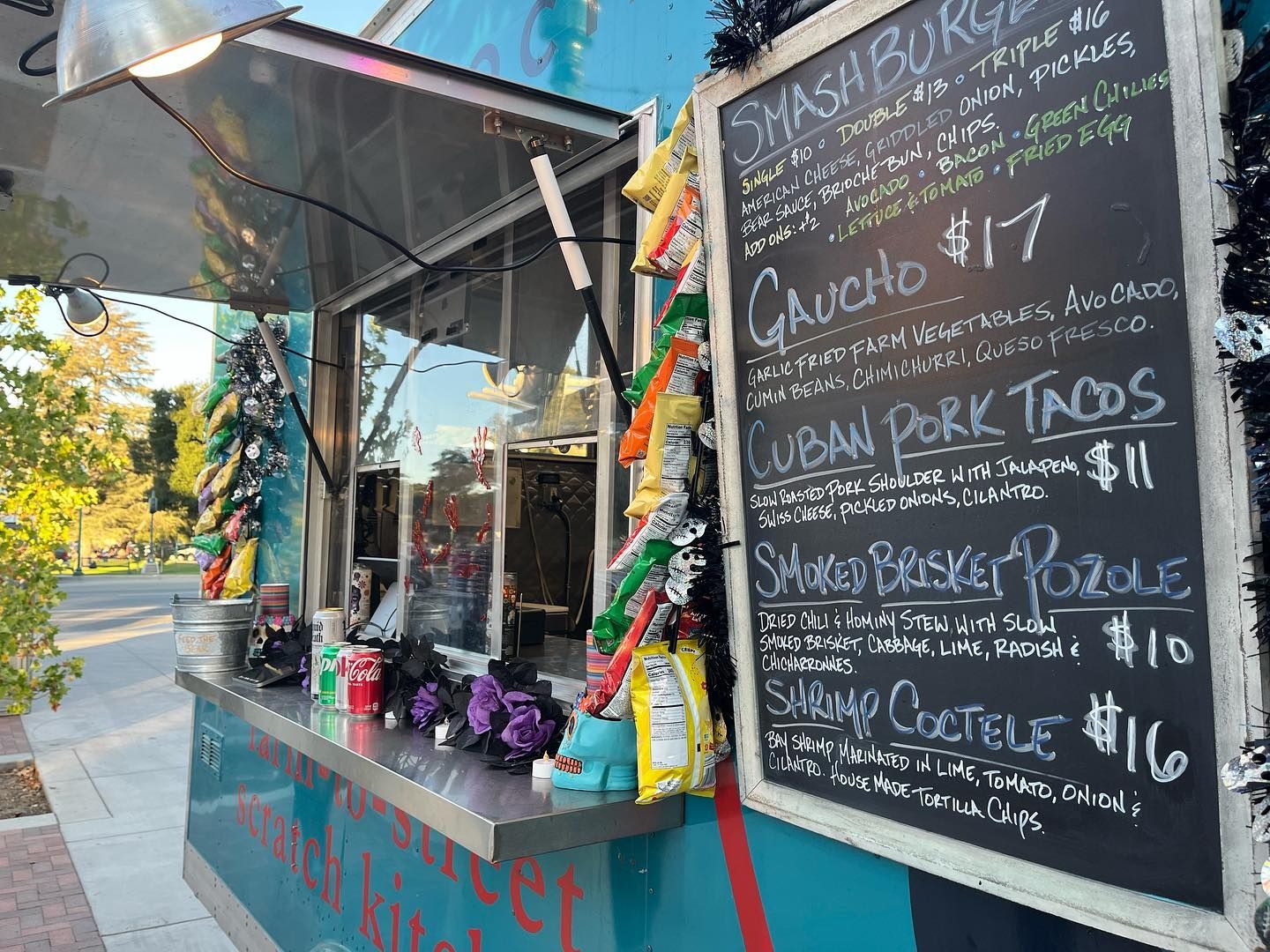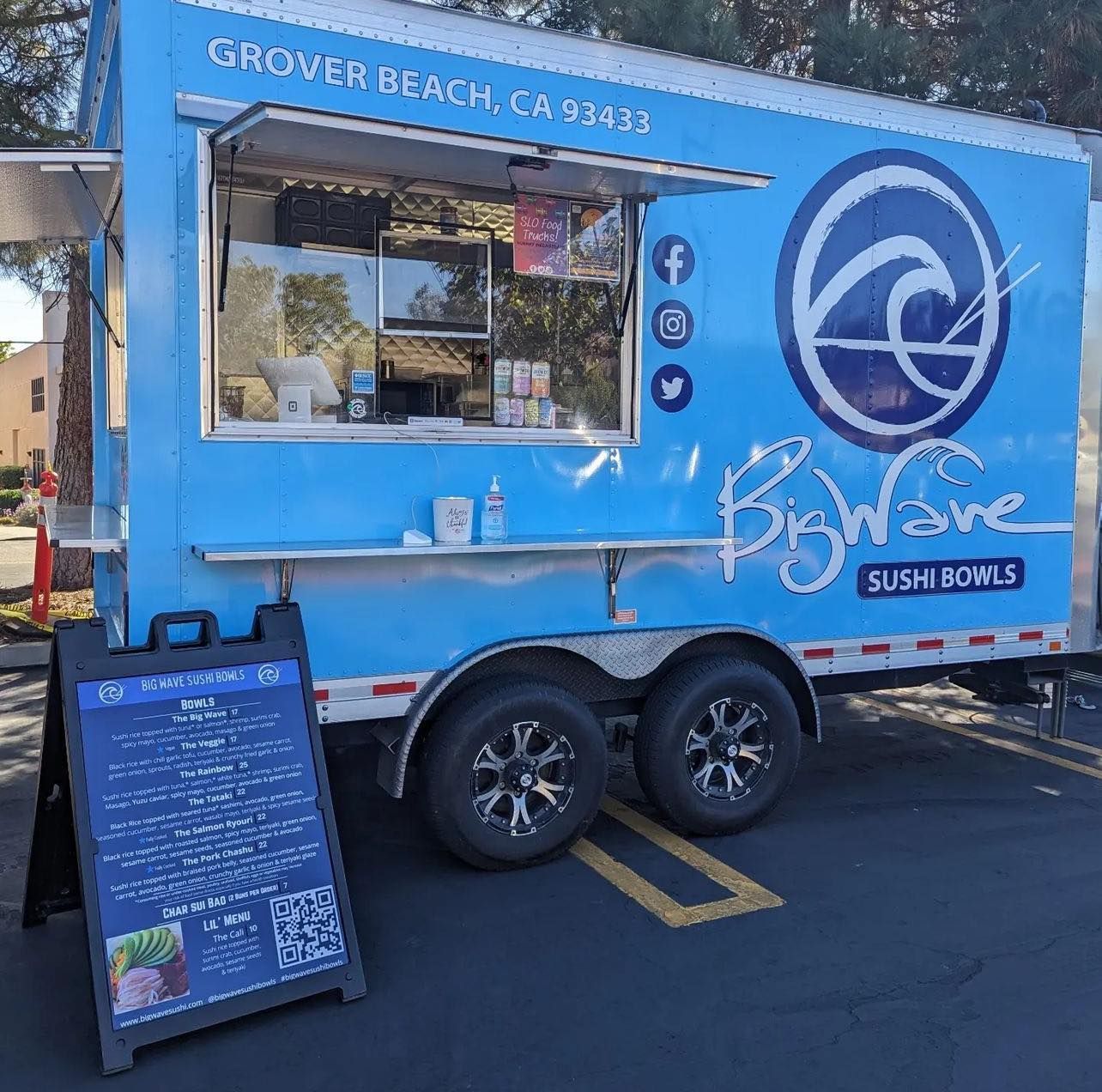Understanding USDA Inspection Compliance in Shared Kitchens
For food entrepreneurs venturing into the world of meat and poultry products, understanding and adhering to USDA inspection requirements is not just a legal obligation, but a cornerstone of business integrity and consumer trust. In shared commercial kitchen spaces, like those provided by The Kitchen Terminal, navigating these regulations takes on an added layer of complexity. This blog post aims to demystify USDA inspection requirements and help you understand their impact on your business in a shared kitchen environment.

Understanding USDA Inspection Requirements
The United States Department of Agriculture (USDA) is responsible for ensuring that meat and poultry products are safe, wholesome, and correctly labeled and packaged. Any facility that processes meat or poultry must comply with USDA regulations and pass regular inspections. This includes shared commercial kitchens where multiple businesses may operate simultaneously.
Key Aspects of USDA Inspections
- Facility Standards: USDA inspectors assess the cleanliness and sanitation of the facility, equipment, and utensils. In a shared kitchen, this responsibility is collective, making it crucial for all users to maintain high standards of cleanliness.
- Process Control: Inspectors evaluate the processing, handling, and storage of meat and poultry products. They ensure that businesses follow safe food handling practices to prevent cross-contamination, especially important in a shared space.
- Record Keeping: Accurate record-keeping is essential. This includes documentation of sourcing, processing, and any complaints or issues related to food safety. Shared kitchen users must be diligent in maintaining their individual records.
- Labeling and Packaging: The USDA also regulates product labeling and packaging to ensure that it meets federal standards for ingredient disclosure, nutritional information, and claims made on the packaging.
Impact on Businesses in Shared Kitchens
Operating in a shared kitchen under USDA regulations requires a collaborative effort. Here are some ways these regulations impact businesses:
- Shared Responsibility: All users of the shared kitchen must adhere to the standards set by the USDA. A lapse by one user can affect the compliance status of the entire facility.
- Scheduling and Space Allocation: Scheduling becomes crucial to avoid cross-contamination. Businesses may need to coordinate processing times, especially when handling allergens or different types of meat and poultry.
- Cost Implications: Compliance can involve additional costs for specialized equipment, storage, and training. Shared kitchen spaces can help mitigate these costs by providing shared resources.
- Community and Communication: Open communication and a sense of community among kitchen users are vital. Regular meetings and clear guidelines can help ensure that everyone is on the same page regarding compliance.
Navigating Challenges Together
At The Kitchen Terminal, we understand the challenges of meeting USDA inspection requirements in a shared space. We are committed to providing a compliant, supportive environment where food entrepreneurs can thrive. Our team offers guidance and resources to help you navigate these regulations, ensuring that your business not only complies with USDA standards but also excels in delivering safe, high-quality products to your customers.
Navigating USDA inspection requirements in a shared commercial kitchen is a complex but manageable task. By understanding the regulations, maintaining high standards of cleanliness and food safety, and working collaboratively with other kitchen users, food entrepreneurs can successfully produce meat and poultry products that meet the highest standards of quality and safety.
Have questions? We'd love to help! Get in touch today.











